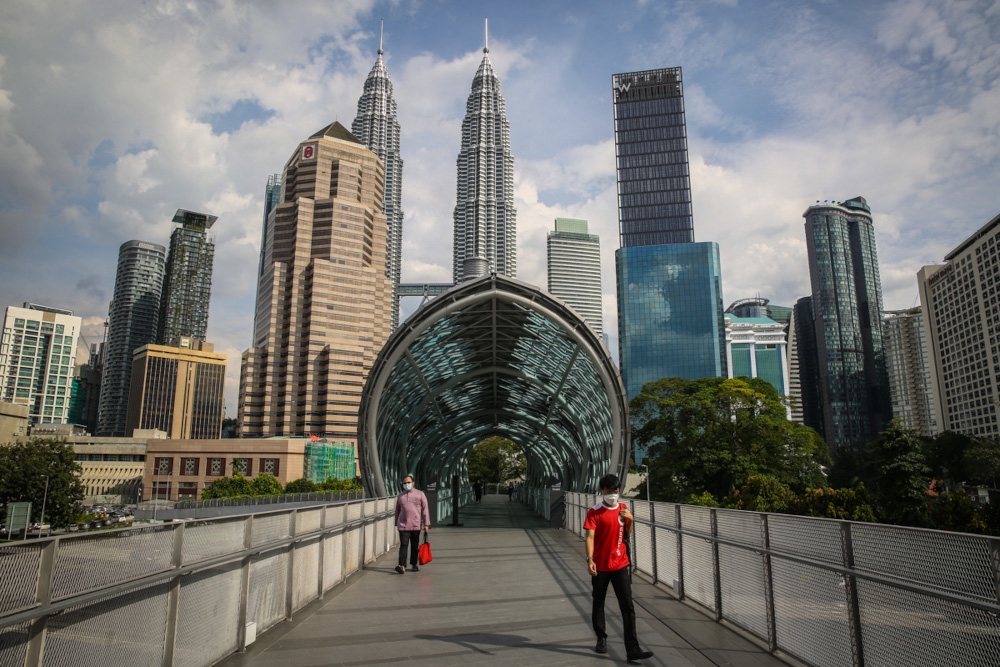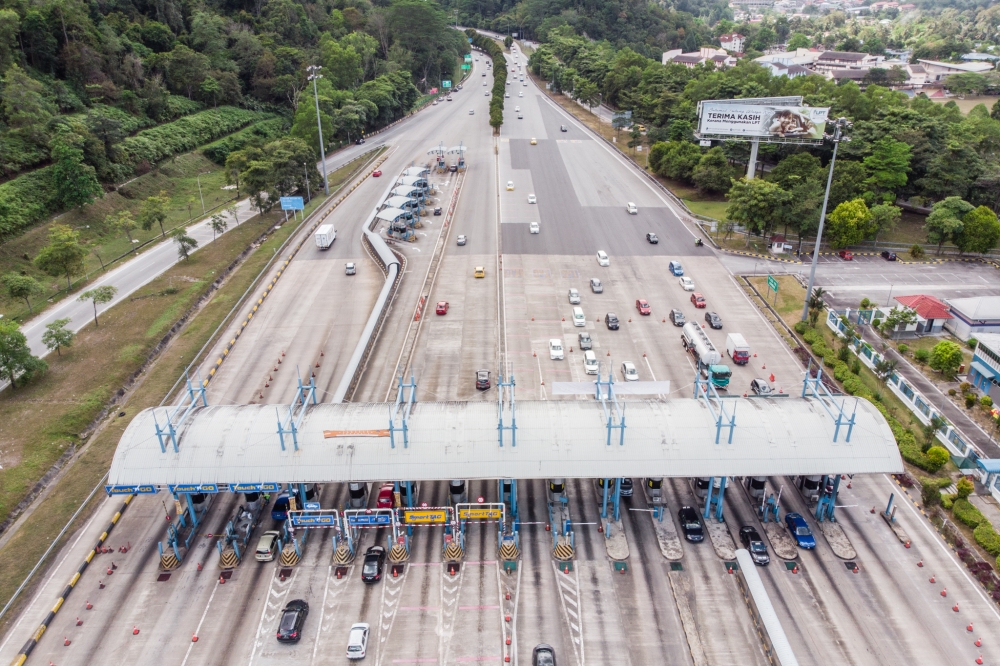FEBRUARY 10 — “Our country is going to be like Singapore.”
This sort of statement is trotted out by the governments of various countries (typically developing ones) all the time.
Rwanda is going to be the Singapore of East/Central Africa, Panama the Singapore of Central America, Sri Lanka the Singapore of South Asia and so on.
Now, of course, imitation is the very best form of flattery and it is heartening that people in countries far away endeavour to model their nations on our tiny state.
But you do sometimes wonder what exactly they mean? Do they really understand what the Singapore journey was?
The trajectory of our tiny resource-free (but well-situated island) from relative poverty to a position near the top of the global financial system is inspiring but I’m not sure it is really open to replication.
Our journey was contingent on various unique factors. The Straits of Malacca is the busiest waterway on Earth and we have long been the Straits’ main port.
A settler state, we didn’t inherit ancient rivalries and hierarchies to the same extent as our neighbours.
Our tiny size has always meant Singapore is easy to manage and of course our post-independence political system with a single party in power with a majority means that decision making is relatively straightforward.
It is also vital to note the government in Singapore owns nearly 80 per cent of the country’s land which makes planning easier.
Many of the countries seeking to emulate us do not really have our conditions.
Most crucially, we are a city state — the city is the nation, so we have no rural hinterland which means no farmers needing subsidies or industrial provinces needing support.
While developing a city so successfully is no small feat, developing a larger nation with multiple cities, regions and townships is another matter.
Singapore is the world’s only (significant) city state and therefore we have naturally charted a unique path — which again makes it worrying when nations that aren’t city states start to believe they’ll soon be Singapore.
It’s particularly worrying when sophisticated, ancient and largish nations start to go gaga over the Singapore model.
Brexit, for example, has seen various (usually pro-Brexit politicians) tout Singapore as a model. The UK Foreign Secretary Jeremy Hunt, for example, recently wrote an op-ed presenting Singapore as a model for success after separation from the mainland (a parallel between our de-merger from Malaysia and Brexit).
While it is lovely to see our former colonial masters now trying to ape us (let us pause and savour this delicious irony) the reality is that the midday sun must have finally got to these Englishmen’s heads.
The UK, though it sometimes likes to present itself as “Little Britain”, boasts a land area of 250,000 kilometres (without its external territories). That is more than 300 times the size of Singapore.
It has 65 million people vs our 3 million citizens and 5.5 million total population — so more than 10-fold our population.
It also has a history of multi-party rule and extremely strong rules governing private property.
The UK government, for example, has been trying to add a third runway to London’s main airport (Heathrow) for about 15 years but complaints from nearby property owners regarding noise and disruption have prevented this expansion.
There’s simply no viable comparison. London can, to an extent, be compared with Singapore. Both these cities demonstrate that you can build considerable prosperity and billions upon billions worth of trade flows in cities with strong infrastructure, talent and the relevant policies.
Finance and services can generate massive sums but Brexit (which was soundly rejected by voters in London) came about because rural communities in poorer cities outside of London felt that too much wealth was going to the capital.
The fundamental problem was having one extremely competitive city created a two-track UK. A wealthy, globalised metropolis and an ailing hinterland.
Following the Singapore model i.e. no hinterland will surely only exacerbate these problems.
Ultimately Singapore is a unique case and our systems have evolved from our unique conditions.
We are the second largest port in the world, we have hundreds of billions of dollars’ worth of sovereign wealth funds and considerable state involvement in the economy.
We have a lean multicultural population and nearly 40 per cent of people on the island are foreign born.
Those who seek to emulate us in throwaway comments should perhaps take some time to familiarise themselves with our society and economy before they start making unrealistic promises and comparisons.
Ultimately Singapore has its strength and its faults but it is undeniably unique and I am not sure anyone is going to succeed in emulating us, least of all the United Kingdom.
* This is the personal opinion of the columnist.






















